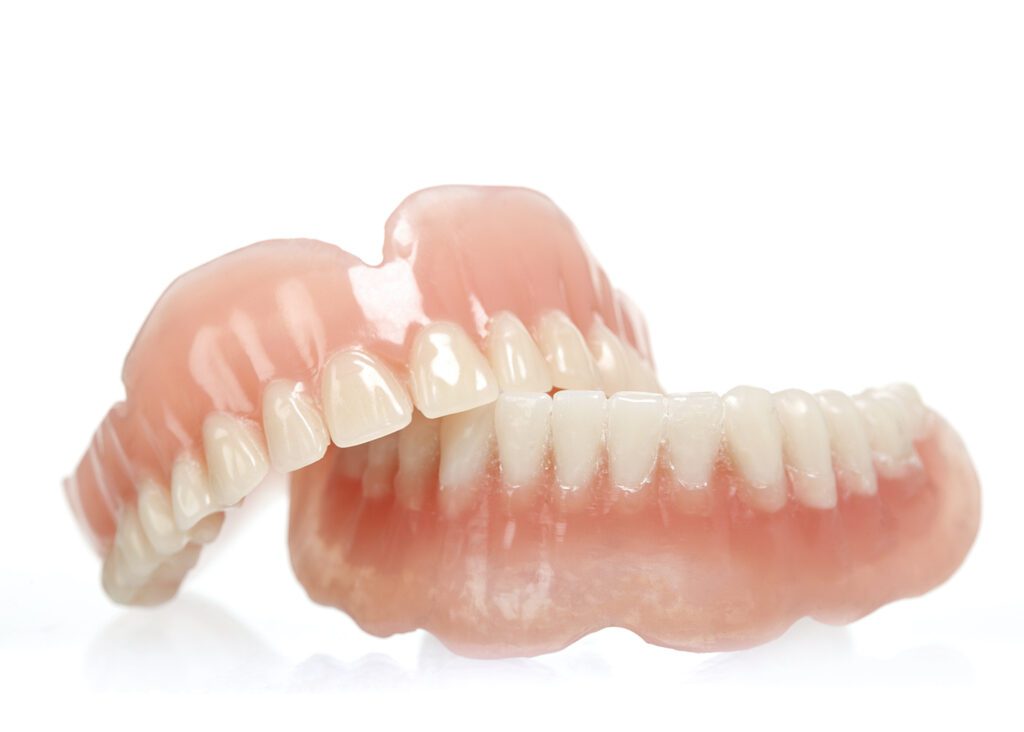Caring for dentures requires attention and diligence. Proper care ensures longevity and comfort. Neglecting maintenance for a denture can lead to problems such as infections and discomfort. This guide will help you maintain your dentures. Follow these steps to keep your dentures in top condition.

Daily Cleaning Routine
Clean dentures daily to prevent plaque and tartar buildup. Use a soft-bristled toothbrush specifically designed for dentures. Avoid regular toothpaste, as it can be too abrasive. Instead, use a denture cleanser recommended by your dentist. Rinse dentures under warm water before brushing to remove loose debris. Brush gently to avoid damaging the surface. Pay special attention to all surfaces, including the areas that come in contact with your gums. Rinse your dentures thoroughly after brushing. This removes any remaining cleanser. If you wear partial dentures, clean your natural teeth as well. Use fluoride toothpaste for your natural teeth. This helps prevent cavities and gum disease. A clean mouth promotes overall oral health.
Soaking Dentures
Soak dentures overnight to keep them moist and free from bacteria. Use a mild denture soaking solution. This helps maintain their shape and prevent them from drying out. Avoid using hot water, as it can warp the dentures. Follow the soaking solution’s instructions for the correct duration. Rinse dentures thoroughly before putting them back in your mouth. This removes any soaking solution residue. Some solutions can cause irritation if not rinsed off properly. Regular soaking also helps to remove stubborn stains and debris. This ensures your dentures stay fresh and clean.
Handling Dentures
Handle dentures with care to avoid damage. Hold them over a folded towel or a basin of water. This prevents damage if you accidentally drop them. Avoid bending or twisting the dentures. This can cause them to lose their shape or break. When inserting or removing dentures, do so gently. Use both hands to ensure even pressure. If you feel resistance, stop and try again. Forcing dentures can cause damage. If you experience difficulty, consult your dentist for advice.
Regular Dental Checkups
Visit your dentist regularly for checkups. They can check the fit of your dentures and make necessary adjustments. Ill-fitting dentures can cause sores and discomfort. Regular checkups ensure your dentures remain in good condition. Your dentist can also professionally clean your dentures. This removes any buildup that regular cleaning might miss. They can also check for any signs of wear and tear. Early detection of problems can prevent more significant issues later.
Storing Dentures
Store dentures in a safe place when not in use. Keep them out of reach of pets and children. Store them in a denture case filled with water or a soaking solution. This ensures they remain moist and retain their shape. Avoid leaving dentures out in the open air. This can cause them to dry out and become brittle. If you need to travel, use a sturdy, portable denture case. This protects them from damage during transit. Always ensure the case is clean and dry before storing dentures.
Recognizing Wear and Tear
Dentures can wear down over time. Look for cracks, chips, or signs of wear. If you notice any, consult your dentist immediately. They can repair or replace the dentures as needed. Ignoring wear and tear can lead to more significant issues. Regular checkups can help identify wear early. Your dentist can make minor adjustments to prolong the life of your dentures. Proper care and maintenance can significantly extend their lifespan. Always handle your dentures with care to prevent unnecessary damage.
Proper denture care involves daily cleaning, soaking, and regular checkups. Handle them with care to avoid damage. Store them properly to maintain their shape and moisture. Consult your dentist for any concerns or adjustments.
